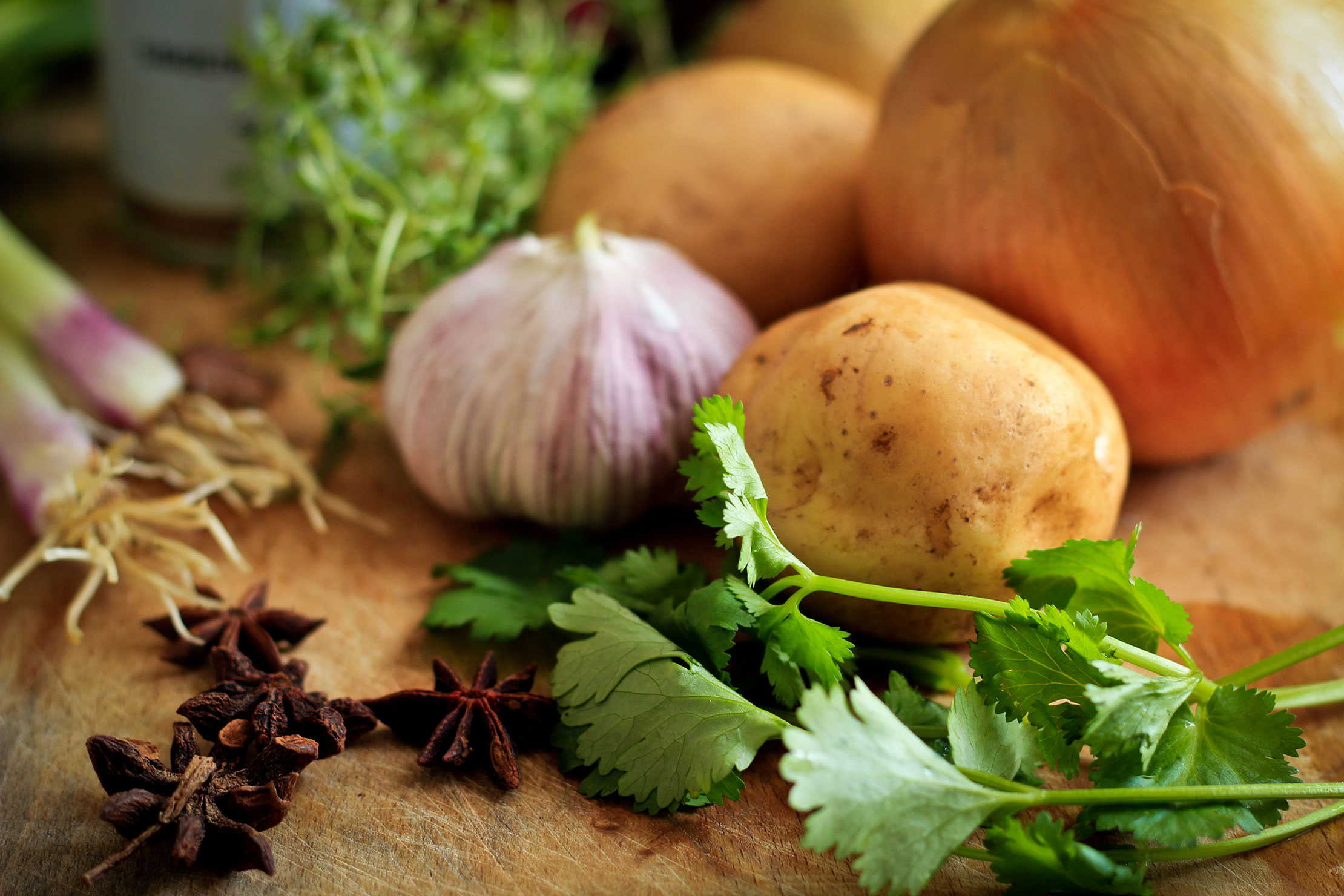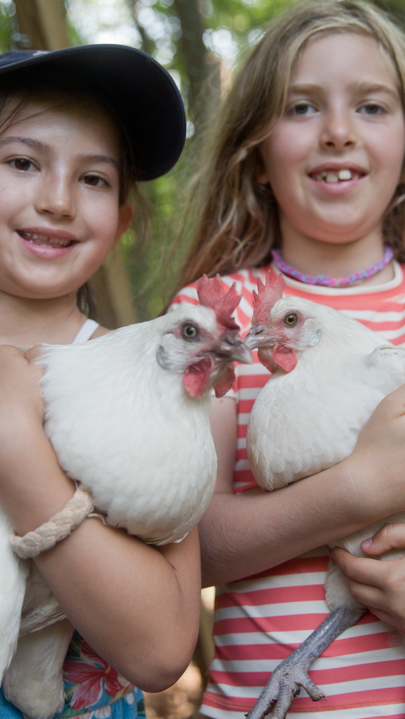Strawberries Do Not Grow in Snow

Strawberries don’t grow in January. Certainly not in my garden or anywhere nearby.
Still, I can buy them on any given day and enjoy my morning yogurt with strawberries, even in deep winter. Unless, of course, I have made a decision to eat seasonally whenever possible…
The idea of eating locally and seasonally may seem like one of the new trends in our food culture, a choice made by those who understand the environmental, economical and health impacts of our food-related decisions. Ironically, it is also an option reserved only for those who can afford it.
Of course, local and seasonal eating is not a new invention at all. It is how people had eaten for millennia before the birth of modern agriculture, factory farming and extensive global trade. It never was a choice, it was simply a way of life, the one and only option for most of humanity.
For those who have to live and eat with the season without having any other alternative, the idea of strawberries in January may sound like a passage from one of my favorite fairy tales, that of The Twelve Months.
In this story, a gentle-hearted stepdaughter is sent in January to the forest to bring back strawberries. Her stepmother is hoping that she will never return. It is cold and the snow on the mountain is deep. But the girl keeps walking until she comes to a clearing. What follows is a very powerful image that stayed with me well beyond my childhood years: There is a large fire burning and twelve men are sitting on stones around the fire; twelve men in a circle, from very young to very old. They are the personified months. An old man, the great January, is sitting on the highest stone, holding a wand in his hand. After hearing the girl’s story, January says the obvious: “Strawberries do not grow in snow.” Then he stands up, gives his place and his wand to a much younger man, June. June takes a seat on the highest rock, waves the wand above the fire and the snow starts to melt, the trees blossom, birds sing, and strawberries appear under the bushes….
When we choose to eat locally and seasonally as much as possible, beyond all the good rational reasons that lead to this decision we, I believe, also express some intangible, primordial longing for simplicity and a more transparent life. Life and time measured by the rhythm of nature just feels safe and comforting. A seasonal, local meal is so much more than sustenance, it is a story of the place, its climate and its people. Wanting to be part of that story seems just natural.
But what does the seasonal eater do when she craves a fresh vegetable salad in February? Fresh, seasonal salad at this time of the year sounds like an oxymoron. Luckily, the humble roots can save the day.
Even before refrigeration, there was the root cellar where carrots, turnips, beets, parsnips, potatoes, and other root vegetables and tubers were kept fresh through the winter months. Like an underground treasure chest, it kept the produce safe from frost and provided the right humidity to preserve its freshness.
Let’s bring up some beets, carrots and apples from our imaginary root cellar and make a simple, truly down-to-earth salad.
Beets, being a true child of Mother Earth, taste, I imagine, like the soil that nourishes them. I like to say that they carry the flavor of the earth, but not everyone thinks highly of their flavor. Please give them a chance. In this salad, they are in the right company and they shine. Even those who tend to say “no, thank you” to beets might reconsider. The earthiness of beets and carrots, along with their natural sweetness, is balanced in this recipe with the pleasant tang of lemon juice. It only takes one bite of a crisp, tart apple piece for the whole combination to come to life. Feel free to add a handful of raisins, especially if you think their addition will make the salad more appealing to children.
Savor the season. Enjoy winter’s bounty.
Winter’s Bounty Salad
3 cups grated beets (about 4 small to medium beets)
1 ½ cups grated carrots (about 4 medium carrots)
1 large, crisp, tart apple, cubed
2 tablespoons freshly squeezed lemon juice or to taste
1 teaspoon olive oil
handful of raisins (optional)
Combine grated beets, carrots and chunks of apple. Add olive oil and lemon juice. Mix gently. Sprinkle with raisins, if using.
Eva Szigeti operates Pinebrook Garden Day Care, child-care centered around hands-on homesteading activities and free creative play. She also offers cooking and fiber craft classes for children and programs for homeschoolers. For the past three summers Eva has been teaching cooking at The Nature Place Day Camp.





